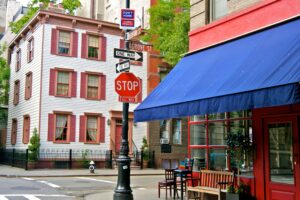In the summer of 2020, a headline boldly proclaimed, “New York City is dead forever,” echoing the grim reality of a pandemic-stricken world. However, Jerry Seinfeld’s dismissive response of “Oh, shut up,” has proven prescient more than three years later. Nowhere is this more evident than in a pivotal two-block stretch of Fifth Avenue in New York City. This iconic Manhattan shopping corridor has become a battleground for the world’s leading luxury brands, each vying for prime real estate. Recent months have seen a flurry of activity, with entities affiliated with Gucci, Prada, and Louis Vuitton parent companies shelling out nearly $2 billion combined to secure coveted spots from 58th to 56th street. Additionally, Louis Vuitton’s parent company is eyeing 745 Fifth Avenue, further emphasizing the area’s allure, nestled near the Plaza Hotel and Central Park. While commercial property markets elsewhere struggle, these blockbuster deals shine as beacons of hope. Despite challenges like soaring borrowing costs and economic uncertainty, luxury brands are betting big on New York City’s enduring appeal. Their resurgence signals a rapid recovery, particularly in Manhattan’s upscale retail sector, with billionaire-backed conglomerates seizing the moment to solidify their presence both locally and globally. Michael Marks of Cushman & Wakefield notes the significance of these tenants’ long-term commitment to iconic New York locales, emphasizing their strategic move to control their destiny amidst market fluctuations.
Madelyn Wils, chief adviser for the Fifth Avenue Association, underscores the pivotal role of these investments in revitalizing tourism and cementing New York’s status as a premier luxury destination. Behind these landmark transactions stand titans of industry such as Bernard Arnault, Miuccia Prada Bianchi, and François Pinault, whose vast fortunes empower them to leave an indelible mark on Fifth Avenue. The rapid pace of these acquisitions, completed within weeks, underscores the urgency and confidence driving these deals. While challenges persist, including ongoing disputes and financial complexities, these transactions herald a new chapter for high-street retail in New York City. Marc Holliday of SL Green Realty Corp. heralds this resurgence as “very, very exciting for the city,” signaling a promising future for Fifth Avenue and beyond. With traditional real estate investors sidelined by market volatility, luxury conglomerates wield significant influence, leveraging their deep pockets and global vision to reshape urban landscapes. For brands like LVMH and Kering, owning prime real estate is integral to their global strategy, mirroring their successful endeavors in other cosmopolitan hubs like Paris and Tokyo. Indeed, as LVMH’s Chief Financial Officer Jean-Jacques Guiony affirms, being a landlord affords these luxury giants a unique opportunity to reimagine and elevate the retail experience, a sentiment echoed by their ambitious projects around the world. As they continue to invest in iconic addresses like Fifth Avenue, luxury brands are not just shaping skylines but also transforming the very essence of luxury retailing.
Source: Bloomberg



